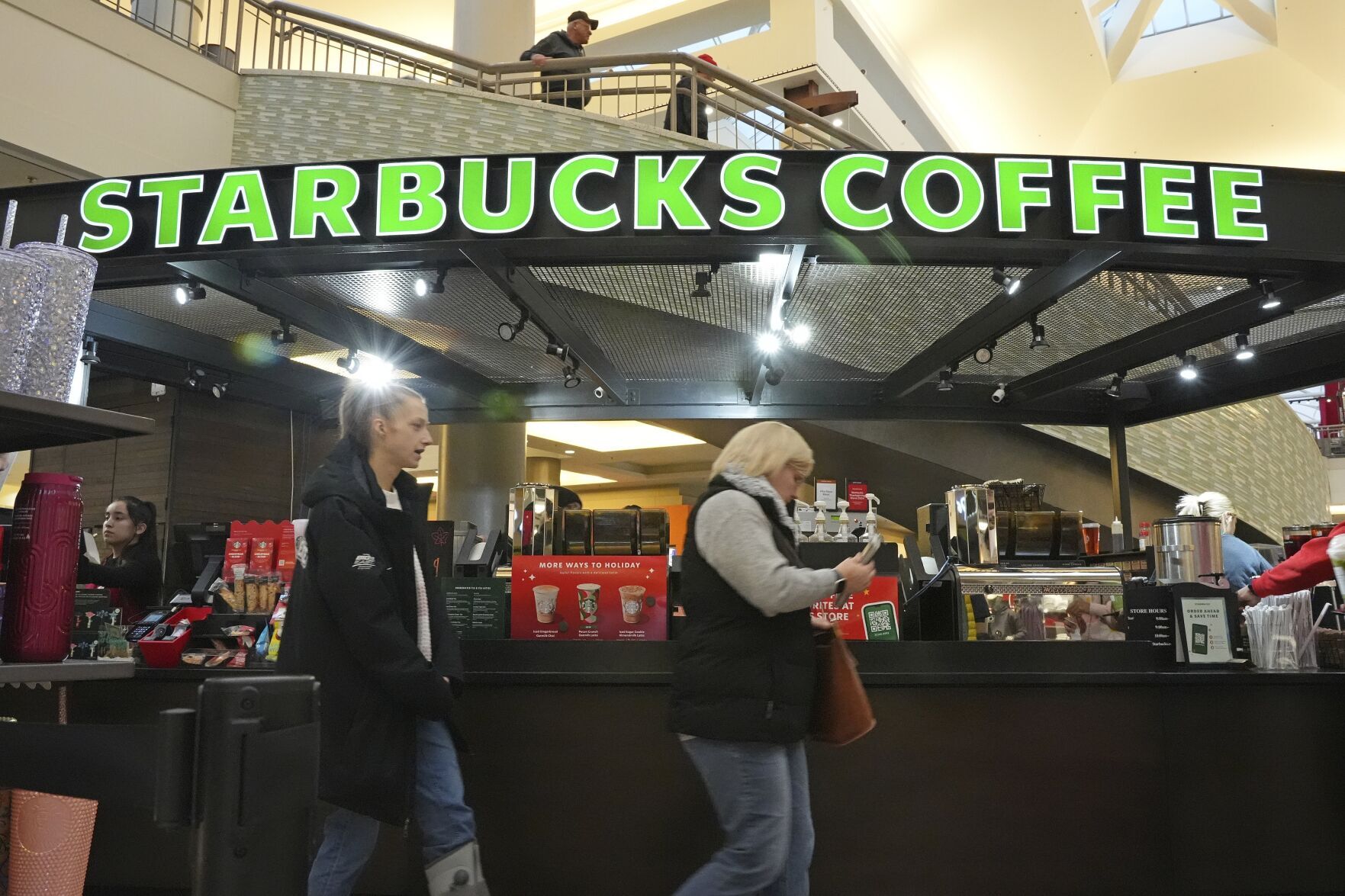Just days before Christmas Eve, Starbucks workers are set to initiate a five-day strike, protesting stalled contract negotiations and seeking to pressure the company into action.
Starbucks workers plan strikes that could spread to hundreds of US stores by Christmas Eve

Key Takeaways:
- Starbucks workers plan a five-day strike starting Friday due to stalled contract negotiations.
- The strikes may expand to hundreds of stores nationwide by Christmas Eve.
- The union accuses Starbucks of failing to honor a commitment to reach a labor agreement in 2024.
- Starbucks’ new CEO could earn over $100 million in his first year, while baristas are offered minimal wage increases.
- Previous strikes have occurred during Starbucks’ busy holiday season, highlighting ongoing labor disputes.
Workers Demand Progress in Contract Talks
Workers at Starbucks stores across the nation are preparing to launch a five-day strike starting Friday, protesting what they describe as a lack of progress in contract negotiations with the company. The strikes are set to begin in Los Angeles, Chicago, and Seattle, with the potential to spread to hundreds of stores nationwide by Christmas Eve.
Starbucks Workers United, the union that has organized employees at 535 company-owned U.S. stores since 2021, asserts that Starbucks has failed to honor a commitment made in February to reach a labor agreement this year. The union is also pressing the company to address unresolved legal issues, including the hundreds of unfair labor practice charges filed by workers with the National Labor Relations Board.
“Union baristas know their value, and they’re not going to accept a proposal that doesn’t treat them as true partners,” said Lynne Fox, president of Workers United.
Strikes Could Disrupt Hundreds of Stores
The planned strikes come at a critical time for Starbucks, potentially impacting operations at numerous locations during the bustling holiday season. In November 2023, thousands of workers at more than 200 stores walked out on Red Cup Day, a significant promotional event for the company. Additionally, hundreds of employees went on strike in June 2023 to protest after the union claimed Starbucks banned Pride displays at certain stores.
Disparity in Compensation Highlighted
A point of contention in the negotiations is the contrast between executive compensation and worker wages. Starbucks’ new Chairman and CEO Brian Niccol, who assumed his role in September, could make more than $100 million in his first year on the job, according to the union. Meanwhile, the company recently proposed an economic package with no new wage increases for unionized baristas now and only a 1.5% increase in future years.
“In a year when Starbucks invested so many millions in top executive talent, it has failed to present the baristas who make its company run with a viable economic proposal,” remarked Fatemeh Alhadjaboodi, a Starbucks barista from Texas and bargaining delegate.
Starbucks Calls for Return to Negotiations
Seattle-based Starbucks, which operates nearly 10,000 company-owned stores in the U.S., expressed a desire to continue negotiations. The company stated that Workers United prematurely ended a bargaining session earlier in the week.
“We are ready to continue negotiations to reach agreements. We need the union to return to the table,” Starbucks said in a statement. The company emphasized that it already offers competitive pay and benefits—including free college tuition and paid family leave—valued at $30 per hour for baristas working at least 20 hours per week.
An Ongoing Labor Struggle
The relationship between Starbucks and its unionized employees has been fraught with challenges. While the two sides returned to the bargaining table earlier this year and pledged to reach an agreement, they now appear to be at an impasse. Starbucks noted that it has held nine bargaining sessions with the union since April and has reached more than 30 agreements. However, the union contends that significant issues remain unresolved.
As the strike looms, the impact on both the company and its patrons during the holiday season remains uncertain. What is clear is that the workers’ resolve to push for what they view as fair treatment and compensation shows no sign of waning.











